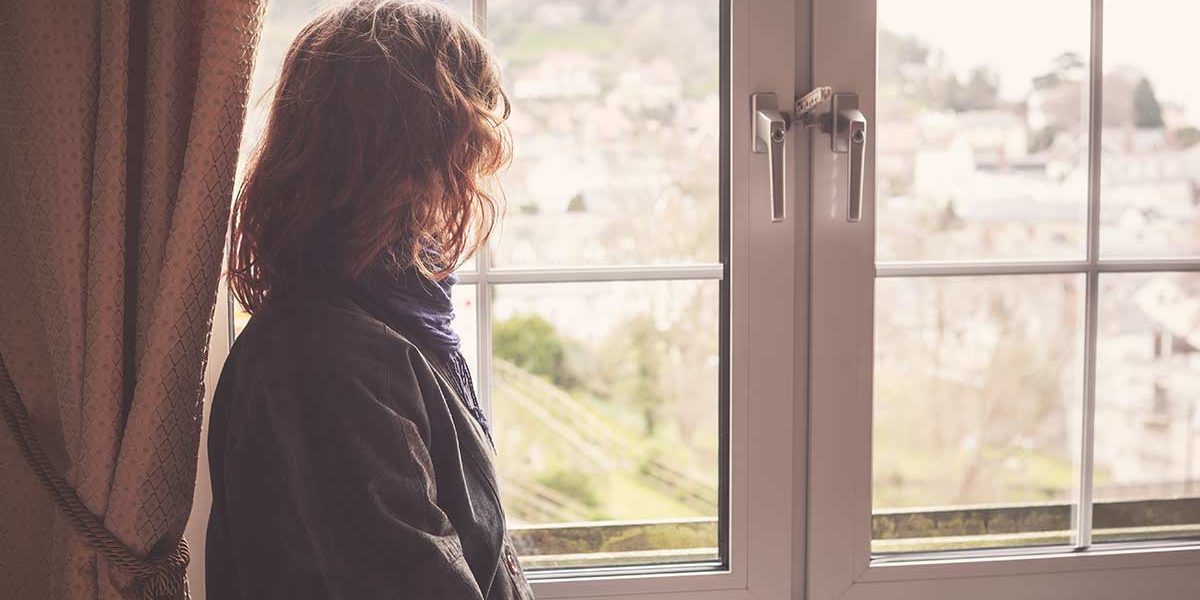People who struggle with low energy and feelings of depression during the winter months may be experiencing seasonal affective disorder. Although this condition has not necessarily been due to shorter daylight hours, many people endure more than just garden variety “winter blues.”
The good news is that the spring equinox occurs in March when daylight hours are equal to darkness. After that, people suffering from seasonal affective disorder can anticipate steady sunlight and relief. At Serenity House Detox & Recovery Florida in Jupiter, we want our community members to learn how to deal with SAD each year. To learn more, please contact our team today at 866.294.5306.
What is SAD?
Seasonal affective disorder (SAD) garners its name because of links to yearly changes. Most people associate the mental health condition with decreased daylight hours. That connection remains the most common, but others experience similar SAD depression during the spring and summer months. Researchers also point to the following contributing factors.
- Biological clock: The human body functions based on 24-hour cycles called the circadian rhythm. The changing of the seasons can disrupt some people’s biological clock.
- Serotonin: Reduced sunlight may play a role in the body decreasing this important mood chemical in the brain. When serotonin dips, people typically experience depression-like symptoms.
- Melatonin: This chemical helps regulate sleep patterns. Loss of sunlight may impact the levels in your brain.
People with winter or summer SAD typically usually endure feelings at the same time each year. In states such as Florida, the intense summer sun can drive people indoors for long periods and reduce natural light exposure. Unless you work a job or spend sufficient leisure time outdoors, your mental health in spring or winter could decline.
What are Telltale Signs of SAD?
The vast majority of people face winter SAD each year, and the March equinox represents a mental health tipping point for them. The symptoms usually present as mild energy loss and gradually heighten as people get less natural light. By late February, the depression associated with SAD can prove debilitating. These symptoms generally include the following:
- Difficulty shaking off an unexplained depressive mood
- Lost interest in activities that typically make you happy
- Increased desire to eat high-carbohydrate foods
- Oversleeping and feeling constantly tired
- Feeling you have no purpose
- Decreased sex drive
- Thoughts of worthlessness and guilt
- Morbid thoughts about death and suicide
Although less common, summer SAD typically carries different symptoms. These often include loss of appetite, insomnia, anxiety, and weight loss, among others. SAD can also exacerbate other mental health conditions such as bipolar disorder and people struggling with drug and alcohol addictions. That’s why it’s essential to undergo a SAD evaluation and get treatment.
How to Manage SAD Until March Arrives
An estimated 20 percent of the population live with mild to extreme forms of SAD. Few get the diagnosis and treatment that can ease the symptoms. Technological advancements may allow everyday people to simulate the loss of sunlight and reset their biological clock. For instance, lightbox therapy can mimic the wavelength of natural sunshine. Dawn simulators replicate sunrise and wake people with light rather than pre-dawn alarms. Other stop-gap measures include the following:
- Undertake a regular outdoor wintertime activity
- Maintain a daily regimen that includes regular sleep schedules
- Increase vitamin D in your diet
It’s essential to know the difference between feeling a little blue and what might be the beginning of a severe case of SAD. High-level treatment starts with a clinical evaluation from a mental health professional.
Contact Serenity House Detox & Recovery Florida Today
Seasonal disorders continue to go under-diagnosed because everyday people tend to shrug off the so-called “winter blues.” If you experience any of the telltale signs of SAD, don’t wait until late-March to start feeling better. Call Serenity House Detox & Recovery Florida at 866.294.5306, or contact us online today.







